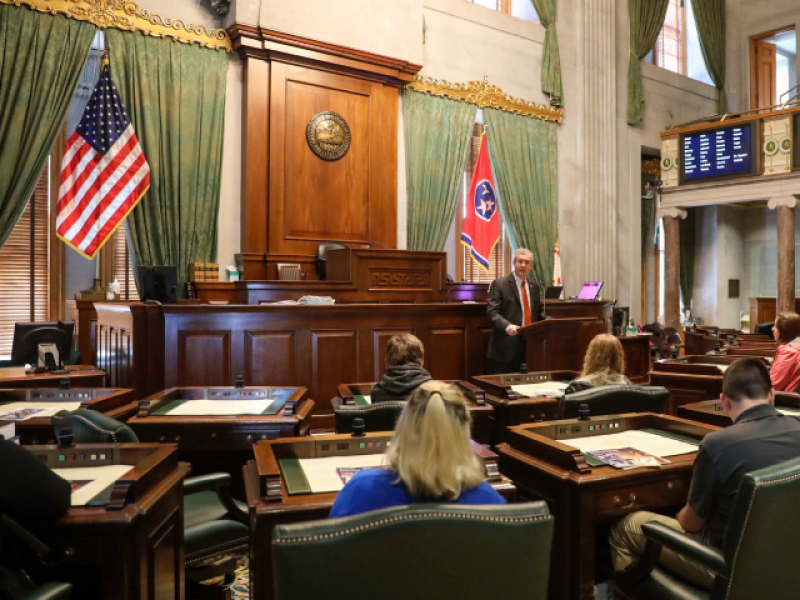
Lawmakers in yet another state has modeled their abortion ban on Texas' Heartbeat Act, which prohibits abortions as early as six weeks.
On the same week that Idaho approved a heartbeat abortion ban in the state, pro-life lawmakers in Tennessee introduced a "Texas-style" abortion measure that is also modeled after that of the restrictive law in the Lone Star State. Tennessee is following in the footsteps of Texas and Idaho in pushing for stricter abortion laws in the state.
"This bill is modeled directly after the legislation passed in Texas last year," Republican Tennessee state Rep. Rebecca Alexander, who sponsored the bill, remarked while addressing the subcommittee for the state's House of Representatives, Faithwire reported. "Abortions since that bill has been passed have dropped 60% in Texas."
Like the Texas Heartbeat Act, Tennessee's abortion ban, if signed into law, would allow private citizens to enforce the measure by filing civil lawsuits against those who perform abortions. Rep. Alexander explained, "It leaves enforcement up to private citizens through civil lawsuits instead of criminal prosecutors."
The proposed Tennessee abortion ban similar to the Texas Heartbeat Act will also allow private citizens to file cases against doctors up to $10,000. The proposal will now before the House's full Health Committee for further discussion.
The proposed pro-life bill from Tennessee lawmakers comes after a decision made by the Texas Supreme Court, which ruled that state officials don't have a role in enforcing the abortion ban, which meant that they are not the targets for lawsuits, making it a major blwo to abortion providers.
According to USA Today, Texas Justice Jeffrey Boyd wrote that the state's new abortion ban, called Senate Bill 8 or SB 8, includes "emphatic, unambiguous, and repeated provisions" stating civil litigation "is the 'exclusive' method for enforcing the act's requirements."
Since the Texas Supreme Court decided that licensing officials are not respondible for enforcing SB 8, the case brought forth by abortion providers is done. Because the law has a unique focus on who enforces it, in this case private citizens, it has allowed the legislation to avoid constitutional challenges.
Texas Attorney General Ken Paxton expressed satisfaction over the court's ruling, calling it a "major victory," taking to Twitter to share that "This measure, which has saved thousands of unborn babies, remains fully in effect, and the pro-abortion plaintiffs' lawsuit against the state is essentially finished."
Now, Tennessee is hopeful for the pro-life measure to pass, just like a similar legislation did in Idaho. But Democratic Rep. Bob Freeman fiercely opposed the pro-life measure in Tennessee, raising the question, "A minor who was raped becomes pregnant, they seek an abortion, the rapist mother, father, neighbor, girlfriend, boyfriend whatever decides to sue, the doctor will be responsible for paying a $10,000 fine?"
WKRN reported that the $10,000 fine may cause medical professionals to leave the state, a concern raised by Dr. Katrina Green. The Tennessee pro-life measure does not allow exeptions for cases of rape or incest, allowing even the relatives of sexual assault violators to bring a lawsuit against an abortion provider.


















